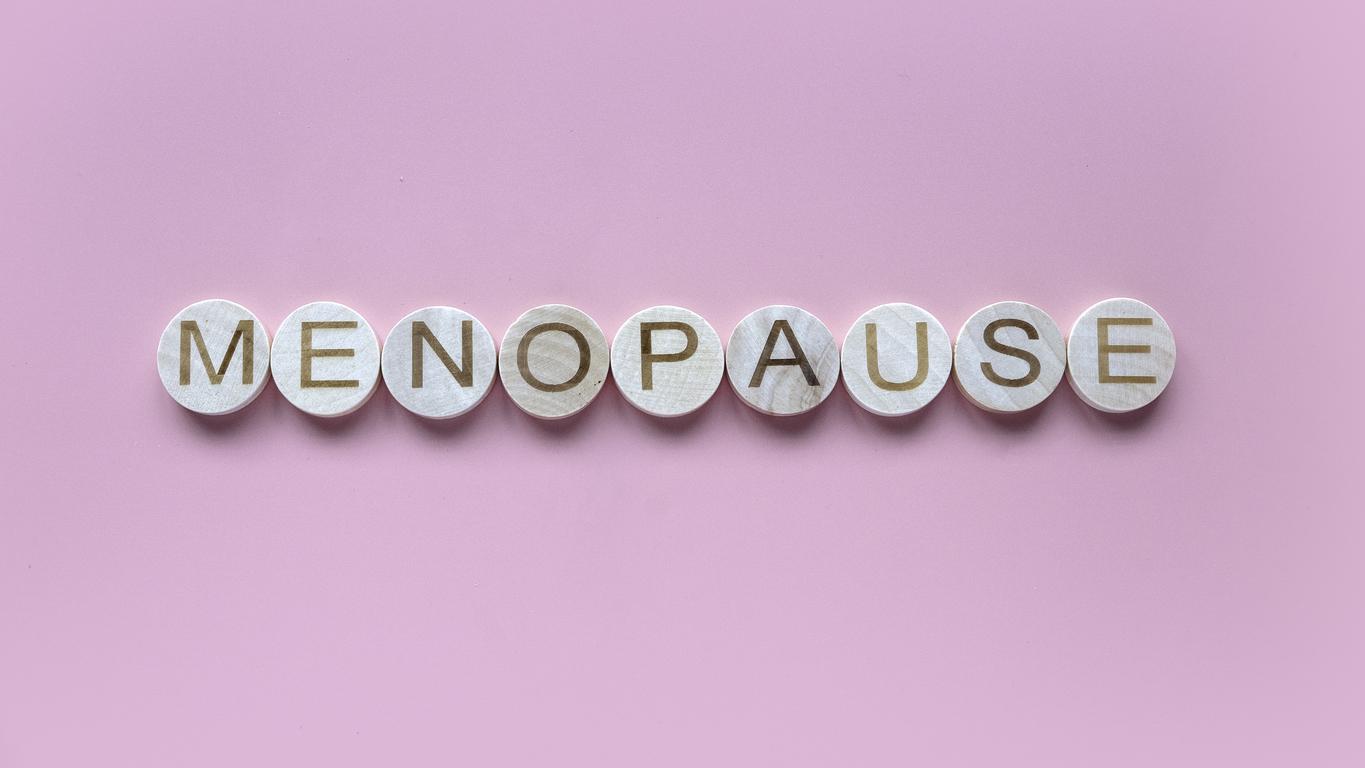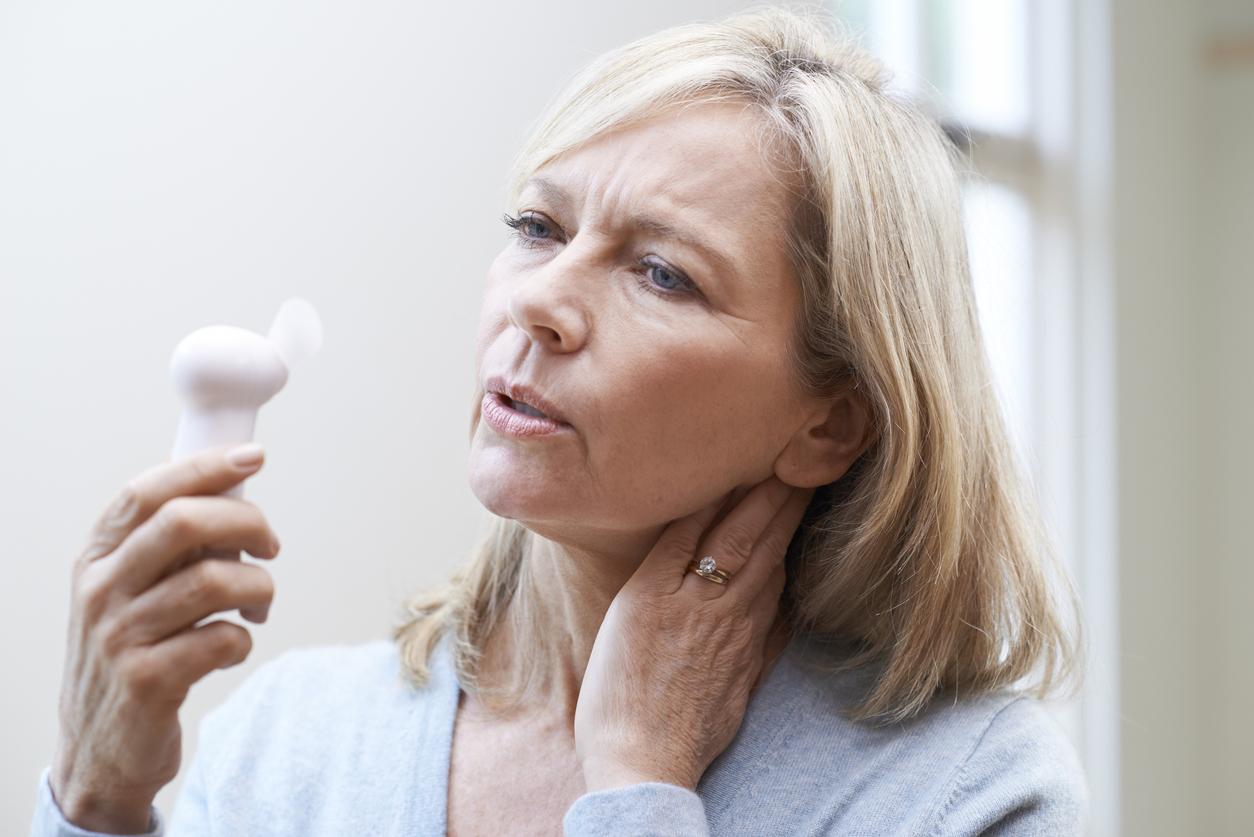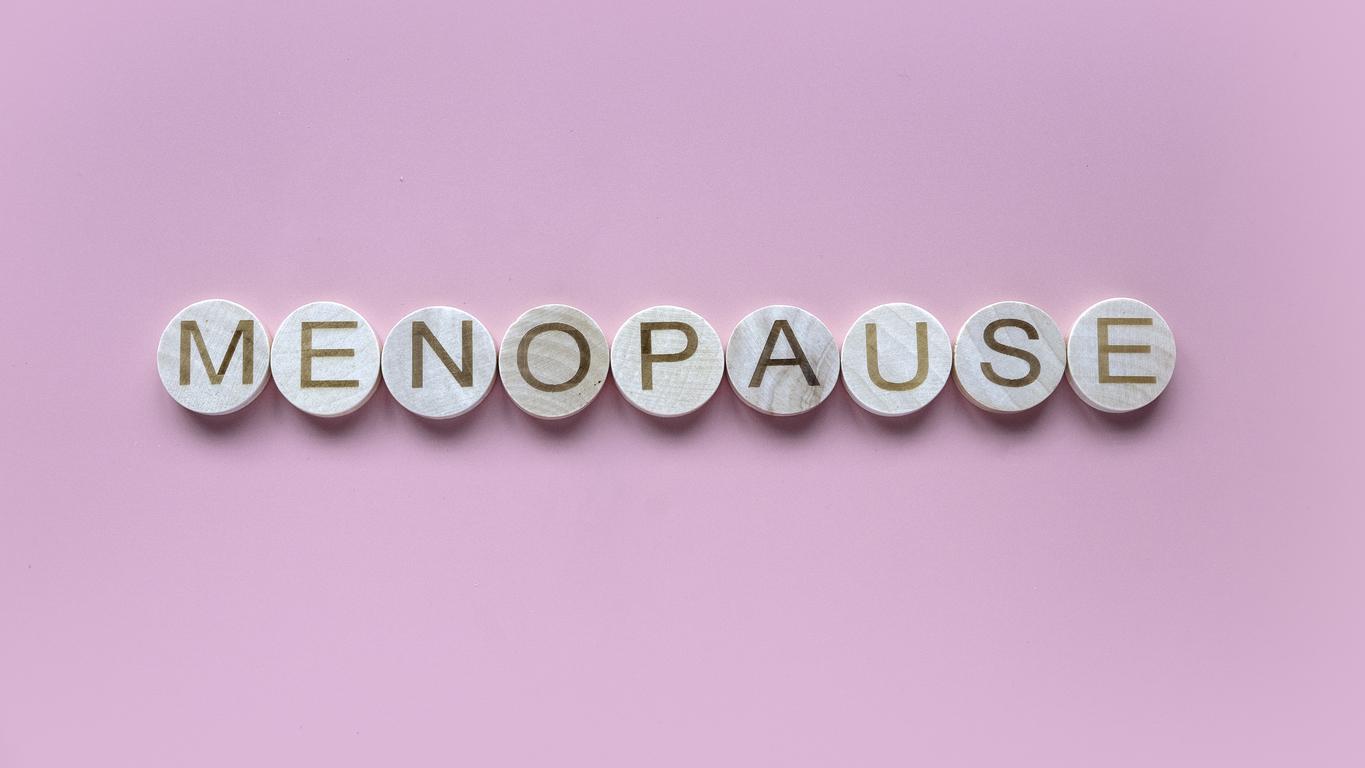What role(s) do hormones play in the development of Parkinson disease in women? Here is the question to which Inserm researchers tried to answer, based on a cohort of 1,200 women with Parkinson’s and followed for 24 years.
Six million people worldwide have Parkinson’s. If it is mainly men who are affected (1.5 times more), women are too. We know that this neurodegenerative disease is the result of a combination of factors, both genetic and environmental. So scientists have studied precisely the impact of hormones on the onset of this disease in women.
Several phases have been observed: puberty, menstrual cycles, pregnancies, menopause, as well as hormonal treatments (artificial menopause, contraceptives, post-menopause treatments). They realized that having your period early (before 12/13 years old) increased the risk of developing Parkinson’s: women who had a period before 12/13 had a 21% increased risk. Researcher Marianna Canonico explains it with a potential “interference – at that crucial period for neurodevelopment that is puberty – of sex hormones with neural circuits implicated in the development of Parkinson’s disease”.
Estrogen drop
The more pregnancies we experience, the more risks we have: from the second child, +22%, and 30+ from the third. Other links have been established, such as artificial menopause, which would increase the risk by 28%, or being menopausal before the age of 45, which increases the risk of Parkinson’s to +39%.
A prescribed drug in case of infertility is also singled out, an ovulation stimulator, clomiphene (Clomid): according to the researchers’ observations, it would increase the risk of developing this disease by 80%.
And the common point between menopause (artificial or natural) and fertility treatment is that they cause a drop in estrogen.
Of course, these are only observations, which must be explored in long-term studies. But “these results could eventually make it possible to identify at-risk groups in which prevention strategies could be proposed at an early stage“, notes the study.
Source: The reproductive life of women and the taking of hormone-based treatments could have an impact on the risk of developing Parkinson’s disease, Inserm, January 23, 2023.

















